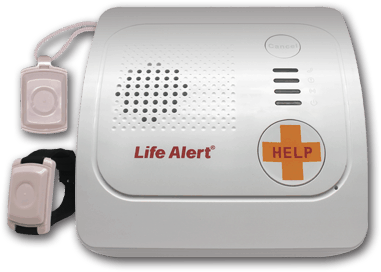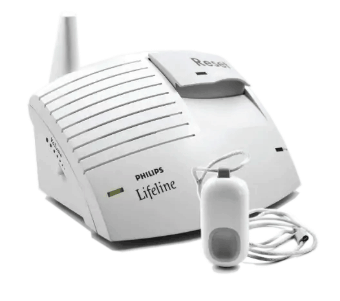FYI: The National Council on Aging provides a free online assessment for seniors to help determine their risk of fall-related injury.
Join for Free
Members get updates like best products for seniors and senior discounts delivered right to their inbox for free.




